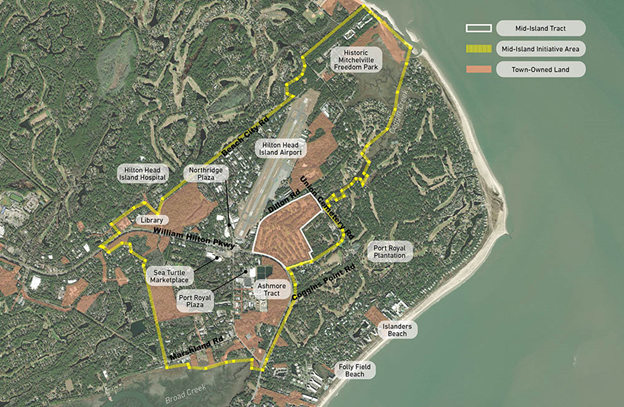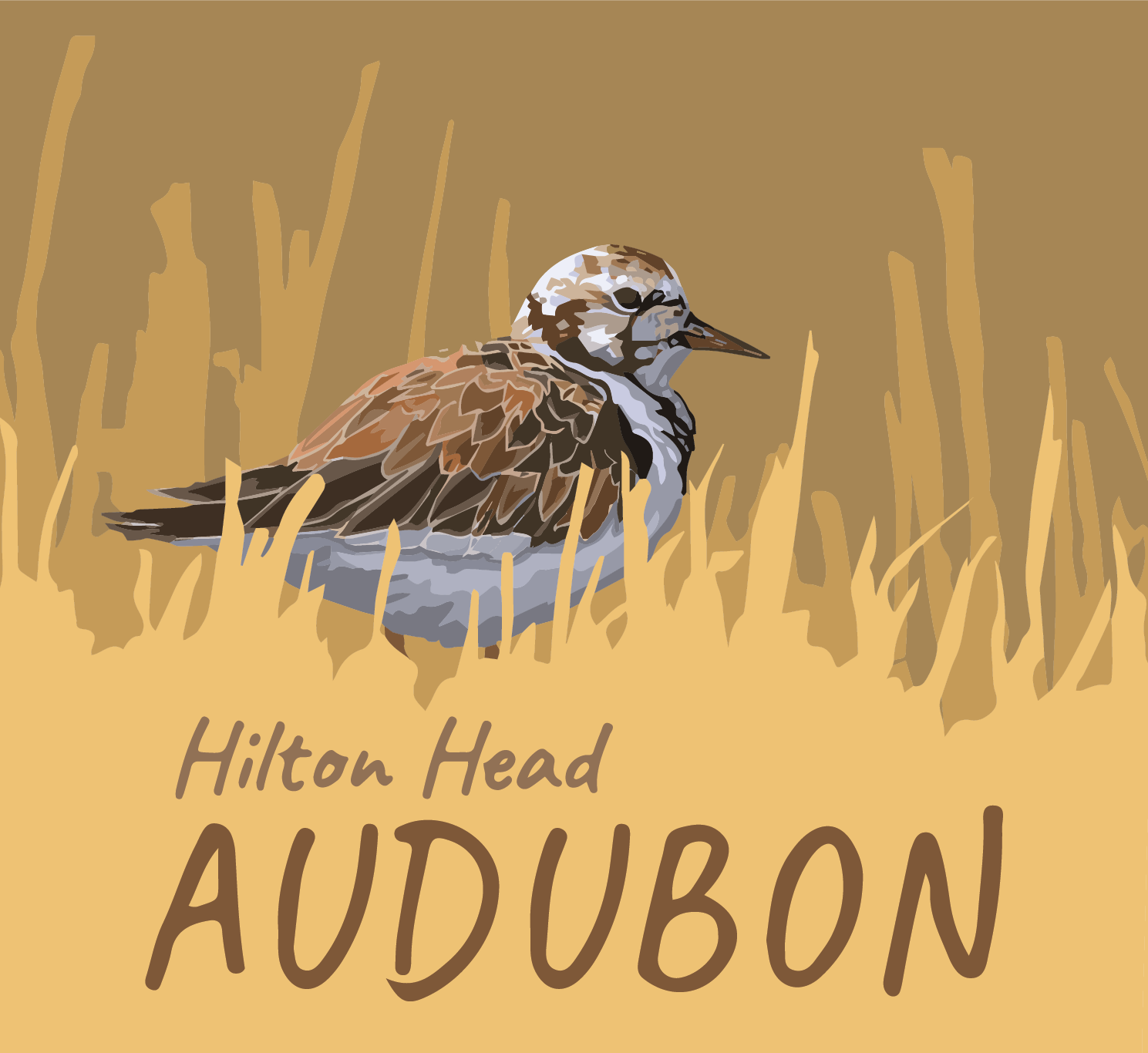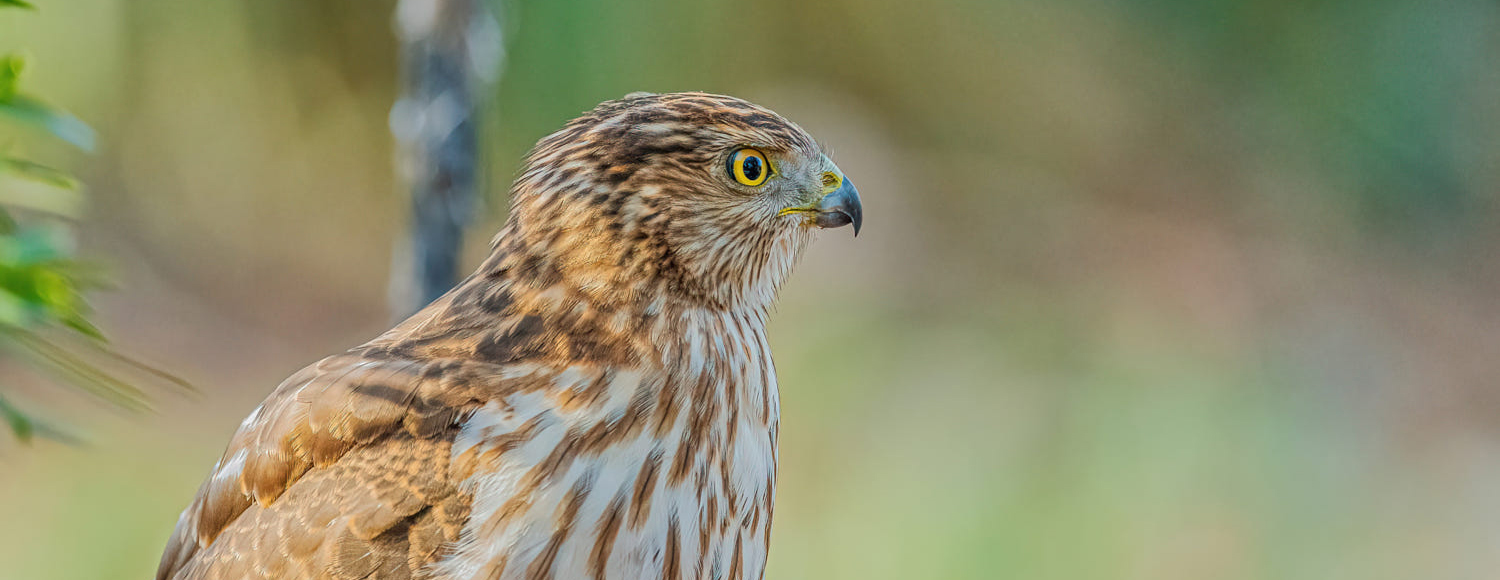We are committed to being a voice for birds: to advocating for birds and the healthy habitats they need to survive and thrive.
FALL 2022 Key Conservation Issues
Hilton Head Island Audubon is working on two key conservation issues this Fall. The first is getting out the vote for the Beaufort County Greenspace Tax, and the second is our Shorebird Protection Project.
We’d love your support! Our Conservation Committee is looking for more people who are passionate about and interested in conservation, and a great way to become passionate about conservation is to learn more. We are pursuing other important issues as well this year, so if you’d like to join us, send us an email and we’ll be in touch soon.
But know that for all issues we’re working on, no committee-commitment is necessary! Lend us a hand with one, both listed above, or any other efforts we’re committed to, to make a difference. Even spending one day or having just one conversation will help. Every little bit will help. Helping others learn about conservation issues is one of the best ways to help move conservation causes. As an all-volunteer organization, we are only as good as we give. We’d love to hear from you. Let us know today how you’d like to help.
Please read on to find out more.
VOTE YES FOR GREENSPACE TAX ON NOVEMBER 8, 2022
The Greenspace Tax is our most important issue right now. This bill will help preserve land in Beaufort County and the wildlife and birds that depend on it to survive. This measure couldn’t be more aligned with our mission at Hilton Head Island Audubon to preserve and protect birds. As a member of HHIA or as someone interested in this mission, please help us spread the word about why this bill is so important to pass. It’s on the Beaufort County ballot on November 8, and we need your help making sure everyone votes YES on question 1!
WHAT IS THE GREENSPACE TAX?
SC State Senator Tom Davis (District 46, Beaufort and Jasper Counties) wrote the Greenspace Tax bill and was instrumental in getting it through our state legislature last summer and then passed by the Beaufort County Council to allow it onto our Fall 2022 ballot. Our congratulations and heartfelt thanks goes out to him for all his hard work and on this important issue!
Known as the “Penny Tax”, the Greenspace Tax will actually collect a maximum of $100 million over two years to “purchase land, conservation easements and buy down density to slow and prevent development.” This 1¢ tax can be renewed two more times – potentially raising a total of $300 million! Only 10% of land in southern Beaufort County is still unclaimed from development, so now is the time to do all we can to save what’s left.
WHY VOTE YES?
Voting yes on November 8 will make sure our slice of the Low Country stays intact and preserves the reason most of us came to this area in the first place: it’s a beautiful place! Its attractive, natural environment is teeming with incredible, diverse ecosystems (marshes, beaches, forests…) and wildlife that we love and appreciate. But all this beauty is threatened and disappearing fast. Without measures like the Greenspace Tax, run-off, pesticides, and other harmful effects of development will eventually destroy the marshes, beaches and land beyond repair, along with the birds and wildlife that depend on them. Voting YES on the Greenspace Tax is our best chance to help save wildlife habitats that remain and prevent the type of catastrophic disaster that places like Chesapeake Bay ended up with.
Beaufort County Council members saw the value in this bill after listening to the experts at SCDNR and several great conservation organizations on its importance. Let’s follow their lead and pass this bill into law.
Simply put, passing this bill at the ballot box on Nov. 8 will give us an excellent opportunity to protect and preserve the habitats that the birds we love so much need to survive and thrive!
WHAT YOU CAN DO TO HELP!
Hilton Head Island Audubon stands with other conservation-minded organizations, including SC Audubon, Coastal Conservation League, Conservation Voters of South Carolina, Open Land Trust, and Trust for Public Land, in supporting this bill. These organizations have developed an excellent, concise website – voteyesforgreenspace.com – that explains the ballot question on the Greenspace Tax in easy to understand terms. Check it out.
It will take all of us to see this through and pass it. Here’s how you can help:
- Talk to your neighbors, friends and family about voting yes for the Greenspace Tax!
- Make a point of talking to at least three other people
- Go to the website voteyesforgreenspace.com for talking points.
- Help keep the chain of information flowing:
- Tell others about the website
- Tell others to talk to their friends and family
- Senator Tom Davis is doing a speaking-engagement blast at several venues on Hilton Head Island and throughout Beaufort County between now and election day.
- Attend an event and encourage others to go, too, and speak up in favor of the Greenspace Tax
- Mention the website voetyesforgreenspace.com
- Make sure you, your neighbors, family and friends go to the ballot box on Nov. 8 and Vote YES on question 1!
OTHER WAYS TO HELP
November 8 is fast approaching, and every bit helps. Write letters to the editor of the Island Packet and other local publications and organization newsletters; talk to organizations or groups; and let people know the importance of passing this bill in any way you can. Any connection you have and can make to get out the vote will help! If you’d like help with any project to pass the Greenspace Tax, please email us with “Greenspace” in the subject line and we’ll be in touch.
Thank you!!
Hilton Head Audubon Society Condemns Proposed Palmetto Bluff Marina Development on New River in Bluffton, S.C.
4.28.22
Project will destroy irreplaceable habitats for bird, fish and wild animals already declining and at risk of extinction, shatter the original covenant that enabled the development of Palmetto Bluff; and serve as a precedent for more development that threatens the long term health of our ecosystem.
What: Palmetto Bluff, a 20,000-acre luxury residential development bordered by three rivers in Bluffton, S.C. The original Palmetto Bluff development agreement of 1998 contained important environmental protections, including strictly limiting docks and alterations to the river shoreline, prohibiting dockside fueling, and pledging to leave 5,000 acres of the property in open space.
Now, the property is under new ownership which wants to shatter the original vision and core values of Palmetto Bluff by removing two essential conservation guarantees from the agreement: 1) the prohibition on dockside fueling and 2) the limitation to a single dry stack [a vertical stacked rack that stores power boats and uses cranes and lifts to transport the vessels from the water to the rack].
A 2005 marina permit for Big House/Anson could allow 186 boat slips, but South Street could more than double that capacity, and the requested changes to allow dockside fueling and a new dry stack, neither of which are authorized under the existing permit, pose substantial risks to water quality and the health of the vast surrounding marsh and critical wildlife habitat. The photographs below show the current pristine site and existing conditions at Anson and Shelter Cove, a comparable marina on nearby Hilton Head that is smaller than the proposed Palmetto Bluff development.
Who: South Street Partners, a private equity real estate investment firm headquartered in Charlotte, NC and Charleston, SC with over $1 billion of assets under management.
In 2021, the South Carolina Coastal Conservation League won a years-long lawsuit against Kiawah Development Partners, an entity owned by South Street Partners, for their proposed development of a Charleston-S.C. waterfront property, Captain Sam’s Spit. [See their position on the proposed Palmetto Bluff development here.]
Why: South Street’s vision for the Palmetto Bluff site would alter the clean, ecologically rich New River into a highly trafficked and intensely developed fueling station; vastly increase the boat traffic on the pristine estuary, and result in significant habit loss for area wildlife dependent on the area.
Our position: Habitat loss is a big challenge for birds and wildlife. One-third of North America’s bird species are at risk of extinction unless we take significant conservation action. In South Carolina, 12 key birds are declining, including American Oystercatchers, Bald Eagles, Hooded Warblers and others.
Current view of proposed development area:
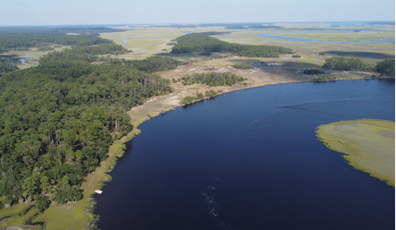
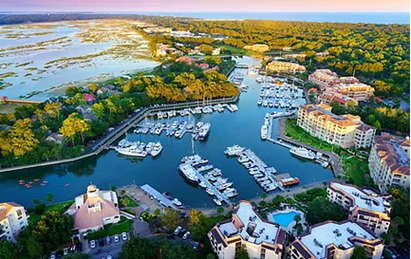
Hilton Head Audubon Society Advocates a Nature Park for Mid-Island Initiative Project on Hilton Head Island
10.26.21
Will Protect Declining Bird Species; Attract Profitable Eco-Tourism to Area Retail, Restaurants & Resorts. As a “Passive Park,” is Low-Cost to Operate, Saving Local Funds
What: The Town of Hilton Head Island is currently researching options for how to develop the last remaining undeveloped, 100-acre tract on the island. Known as the Mid-Island Initiative Area project, it will include a Redevelopment Strategy and Plans for a new Community Park.
Where: The Mid-Island Tract area includes the HHI Airport corridor, Northridge Plaza Sea Turtle Plaza, and Port Royal Plaza. (See map below.)
Who: The Town of Hilton Head is working with a consultant, MKSK, to use the input gathered by island residents to prepare a redevelopment strategy for the area. Island residents are encouraged to complete this survey, an important tool that MKSK is using to collect local input on how the land will be used. To access the survey, visit hiltonheadislandsc.gov/opentownhall/. It will be open through November 12, 2021.
Why a Nature Park: Hilton Head has almost 300 species of birds that regularly inhabit or visit the island. It is directly on the Atlantic Flyway, the largest of the four principal migratory routes through the United States. Several birds that reside in the Mid-Island Initiative Area are a declining species.
Why Ecotourism: South Carolina has a $20 billion tourism industry. Ecotourism, most of which at the present is birdwatching, has a significant economic impact. According to Birding in the United States: A Demographic and Economic Analysis Addendum to the 2016 National Survey of Fishing, Hunting, and Wildlife-Associated Recreation, the average birder is 52 years old and more than likely has a better than average income and education. Fifty percent of birders surveyed had an income greater than $75,000.
The Economics: A study by the U.S. Fish and Wildlife Service published in 2015 showed $41 billion per year is spent on equipment and travel for birdwatching. Of this amount $15 billion is trip related: $4 ½ billion for food (31%), $3 billion for lodging (21%), and $5 billion for transportation. The total effective economic impact in the US is $107 billion resulting in 666,000 jobs, $6 billion in state taxes and $7 billion in Federal taxes. On 10.6.21, The Boston Globe published a major article, “The travel industry swoops down on a new market: birders,” about the profitable, fast-growing bird-watching eco-tourism market.
Ecotourism supports the Hilton Head Island brand and reflects the current widespread concern with climate change. The nature park, known as a “passive park” to reflect its sustainable, low-impact development, will attract new seasonal groups of affluent tourists during fall and spring, currently low-tourism times of the year here. As an educational park, free and accessible to all ages, it will serve all members of the island community.
Spring and fall are major migration periods for hundreds of thousands of birds that stop on Hilton Head to rest and feed before continuing their journeys to South America and back.
How: The Hilton Head Audubon Society is dedicated to remaining engaged in this project until completion. In the planning and implementation stages we can provide advice on bird friendly ecology in coordination with other vital local organizations and community groups that have joined to serve this purpose, as well as from Audubon South Carolina Forestry staff. When completed, we will provide guides for bird walks for the public or small groups. In the future we will work with the town and other stakeholders to make Hilton Head Island a vibrant birding destination to contribute to the island economy.
We will also work in coordination with the South Carolina Audubon Society, which has 26,000 members and eight chapters and bird clubs across the state. It is the state office of the National Audubon Society, which has more than one million members to whom we will promote Hilton Head as an eco-friendly, bird-watching destination.
